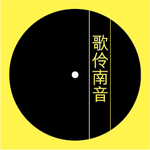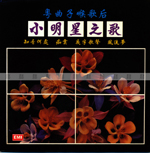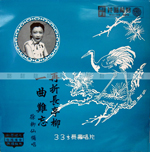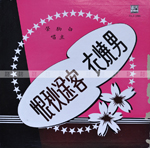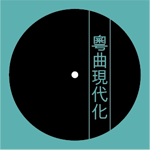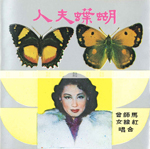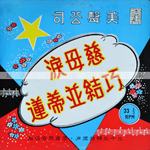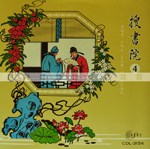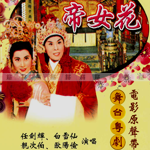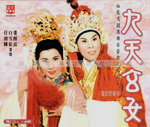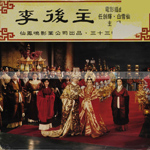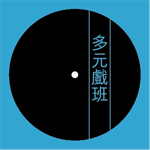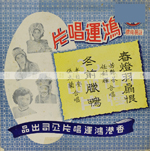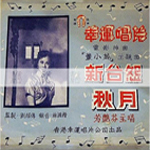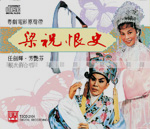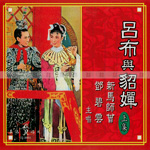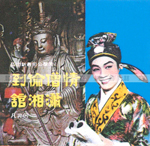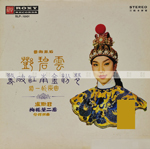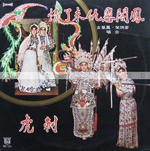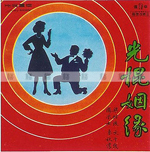Since the early twentieth century, Hong Kong has always been an important venue for Cantonese opera development. After 1949, as a result of political turmoil in the Mainland, performers and troupes converged and resettled in the territory, leading to a tremendous prospering of Cantonese opera in the subsequent decade. This development is linked intimately with the rise of the electronic media.
Performers and troupes began to grasp the possibilities offered by film and radio to re-examine age-old performance practices with regard to acting, singing, script writing, instrumentation, and stage set-up. They brought in novel elements from the theatre and movie world, and participated in the production of films and records. With these acts, they are extending the movement to modernize Cantonese opera that began in the 1930s.
Wong Jum-sum was thoroughly immersed in the world of Cantonese opera from young. Through his close encounter with master performers like Hung Sin-nui, Ma Si-tsang, Yam Kim-fai, Pak Suet-sin and Tong Dik-sang, he witnessed first hand the modernization of Cantonese opera, and was mightily moved by the adventure and passion he saw.
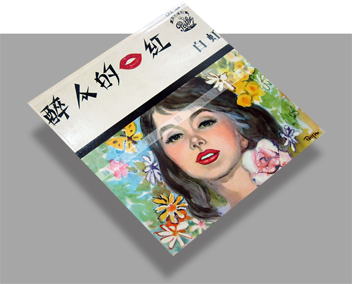

作曲:侯湘(李厚襄)
作詞:侯湘(李厚襄)
主唱:白虹
郎是春日風 儂是桃花瓣
但等郎吹來 儂心才燦爛
郎是春日風 儂是冰河水
但等郎吹來 束縛才粉碎
過不盡的冬日 訴不盡的愁苦
了不清的孽債 穿不起的淚珠
等郎來數一數
郎是春日風 儂是靜空月
但等郎吹來 隨郎一同伴
